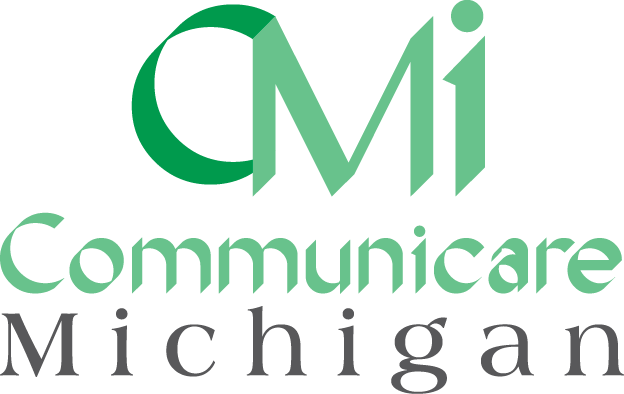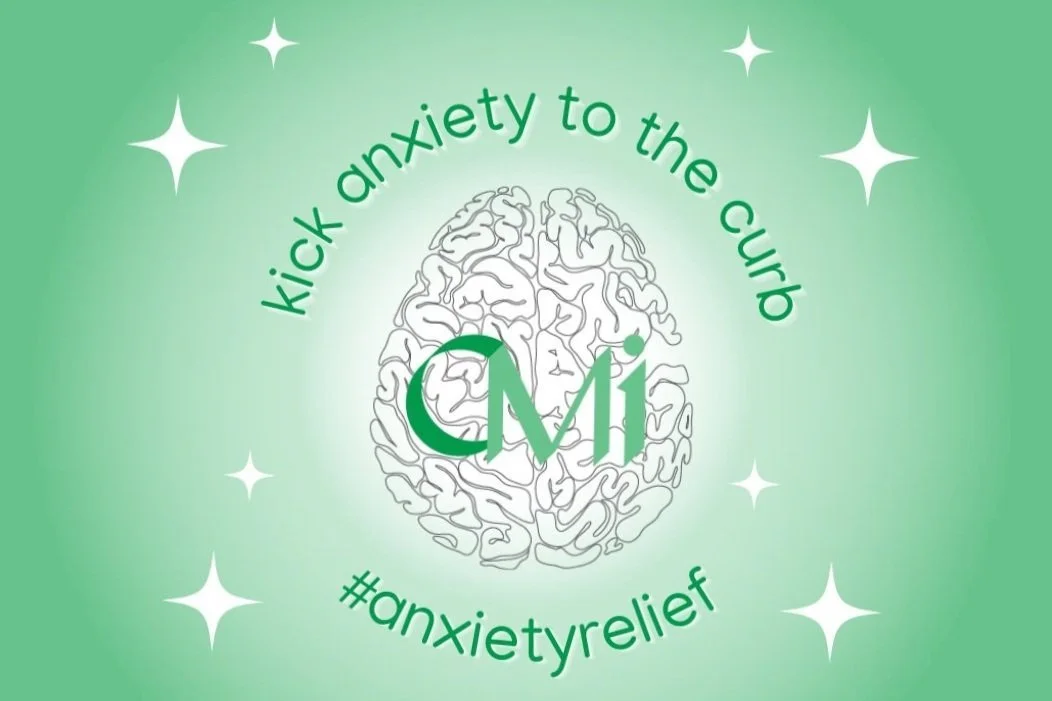Anxiety Relief
May is mental health awareness month.
Anxiety disorders are the most common form of mental illness in the U.S.
According to the Anxiety and Depression Association of America (ADAA), nearly 40 million adults in the United States 18 and older are affected by anxiety each year. Healthline.com defines anxiety as, “Your body’s natural response to stress. It’s a feeling of fear or worry that could be caused by a combination of factors.” Some possible factors include genetics, brain chemistry, personality, and/or life events.
Whether you have an actual anxiety diagnosis or not, you may still experience anxiety from time to time. Knowing how to reduce anxiety will help you in the long run.
Depending on the person and the severity of their symptoms, mental health therapy or certain medications, like anti-depressants, can help. Mental health therapy is a great way to go. Being able to talk your anxieties and problems out with a licensed professional, may be just what you need.
CMI is proud to have some amazing, highly trained mental health therapists on staff. They work tirelessly to help individuals work through their struggles and get them back on track and feeling like themselves again.
Now, if you’re looking for more natural ways to cope with anxiety, check down below for a few ideas.
1. Exercise!
You have heard it a million times before, but it’s true. Exercise can help prevent and improve several health problems- including mental illnesses like anxiety.
According to the Mayo Clinic, “Research on depression, anxiety and exercise shows that the psychological and physical benefits of exercise can also help improve mood and reduce anxiety.”
Mayo Clinic states that when you exercise, you are releasing feel-good endorphins which work to help enhance your sense of well-being. Exercising can also help to take your mind off your worries and help you escape the cycle of negative thoughts.
Reducing anxiety starts by making sure you are getting enough sleep and moving your body. Even something as simple as going on a walk can help to clear your mind and ease your symptoms.
2. Deep Breaths!
Anxiety is uncertain. It can sneak up on you, sometimes for no real reason at all.
You might notice that your breathing gets more shallow and rapid when you are feeling anxious. Consistently breathing like this, can cause an increase in heart rate or cause you to feel dizzy. According to verywellmind.com, this is called thoracic or chest breathing, and will only worsen your anxiety symptoms.
As soon as you start feeling this way, you want to try and nip it in the bud. Diaphragmatic a.k.a. deep breathing is where you should start. With deep breathing, according to verywellmind.com, your diaphragm is engaged, and you are allowing your lungs to expand and fill by driving air through your nose and mouth. This type of breathing is responsible for regulating your heart rate and controlling blood flow.
Once your heart rate has slowed back down, you hopefully will start to feel calmer and less anxious.
3. Limit social media!
While there are several positive aspects of social media, there can also be negative side effects to a person’s mental health. Spending copious amounts of time on social media can contribute to a person’s anxiety, or even cause it.
So much of our society today is obsessed with social media and the various platforms it offers. According to helpguide.org, “social media increases FOMO (fear of missing out) and feelings of inadequacy, dissatisfaction, and isolation.”
Remember, what you see online, is just the highlight reel. If social media is mentally draining you and making you feel isolated and anxious, limit your usage. Un-friend, un-follow or delete anything or anyone that is making you feel that way. Do not feel bad for doing what you need to do to take care of your mental health.
Here at CMI, we cater to all things dealing with the brain. Anxiety and other mental health disorders are a part of that. From mental health therapy to rehabilitation after a TBI, our number one goal is to properly care for not only our clients, but our staff and community as well.


